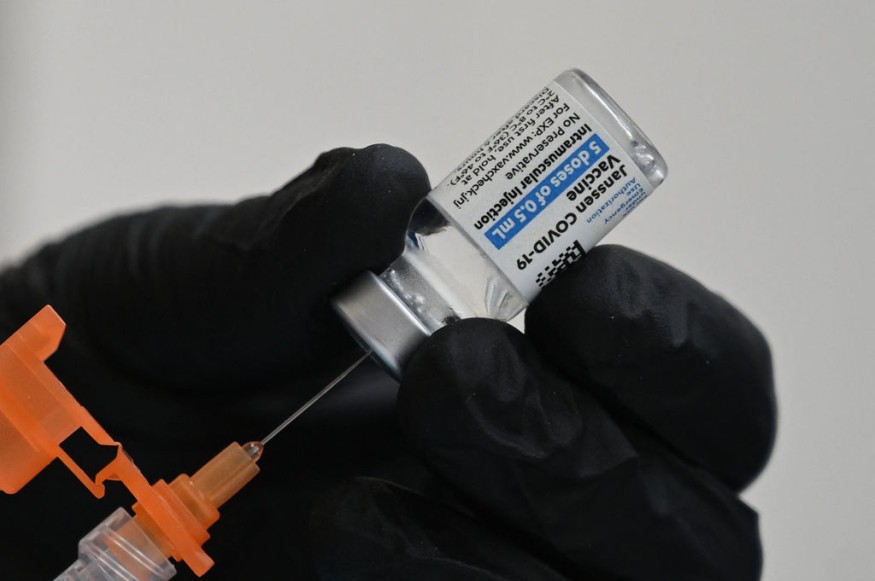The head of South Africa's Medical Research Council or SAMRC, Glenda Gray recently claimed that the COVID-19 vaccine booster shot developed by Johnson and Johnson has 85-percent efficacy.
In a Reuters report, the health official said the J&J booster vaccine is highly effective in terms of protection from hospital admission due to the new COVID-19 Omicron variant for one to two months after inoculation.
Gray presented the SAMRC's study findings during the South African health ministry briefing on the fourth wave of the pandemic, which has been driven by this said new strain.
She said they saw the efficacy percentage and that his type of vaccine effectiveness is retained for up to two months. The health official also expressed happiness when they reported the very high efficacy levels of the vaccine against the Omicron variant.

The World's 1st Evidence of Vaccine Efficacy Against Omicron
The research involved over 477,000 healthcare workers, all of them received the Johnson and Johnson vaccine of whom, almost half, about 236,000 of them, were inoculated with the J&J booster vaccine, which is detailed in a Centers for Disease Control and Prevention report.
Moreover, the study looked at hospital admissions among the healthcare workers who had contracted the COVID-19 virus during the fourth wave.
They discovered too, that the booster shot decreased hospital confinements by 63 percent in the first two weeks, following the booster. This rate go up to 85 percent following that third shot from one to two months.
Commenting on this latest J&J development, Gray said this is the "world's first evidence" of vaccine efficacy against the Omicron variant, using the said jab.
South Africa Maintaining Preference for Pfizer
A similar CNBC Africa report said, despite the high efficacy rate of the J&J booster vaccine, authorities thus far maintained a preference for another brand, the Pfizer vaccine.
Using this jab, they have already injected 21 million doses, which is thrice as much as the approximately seven million doses of the J&J injection.
Nonetheless, as specified in this Reuters, the Johnson & Johnson booster vaccine is considered logistically much more superior since it is a single single-dose inoculation, which is simpler to administer in remote rural places, where follow-ups can be quite a challenge.
The data backed already strong worldwide evidence that Omicron can escape protection from vaccines when it comes to the first contagion.
30,000 Breakthrough Infections During the 'Omicron Wave'
Among the volunteers of the study, there were approximately 30,000 breakthrough contagions during the fourth wave, now also called the "Omicron wave," compared with just 11,000 each in the past waves driven by the COVID-19 Beta and Delta strains.
The study highlighted as well, that people infected with HIV were more susceptible to hospital admission due to the Omicron variant.
Gray explained these people who are being hospitalized are more possible to have HIV and less likely "to have other comorbidities as compared to the Delta and Beta waves." Essentially, the prevalence of HIV in South Africa is recorded at 13 percent.
A separate study by the National Institute for Communicable Diseases of South Africa suggested recently that the Omicron variant may cause less severe illness compared to the previous strains, even the unvaccinated ones.
Report about the J&J booster shot's 85-percent efficacy is shown on WION's YouTube video below:
Read also: COVID-19 Delta Variant: More Dangerous New Mutations Possible, Unvaccinated People at Risk
Check out more news and information on COVID-19 and Vaccines in Science Times.












